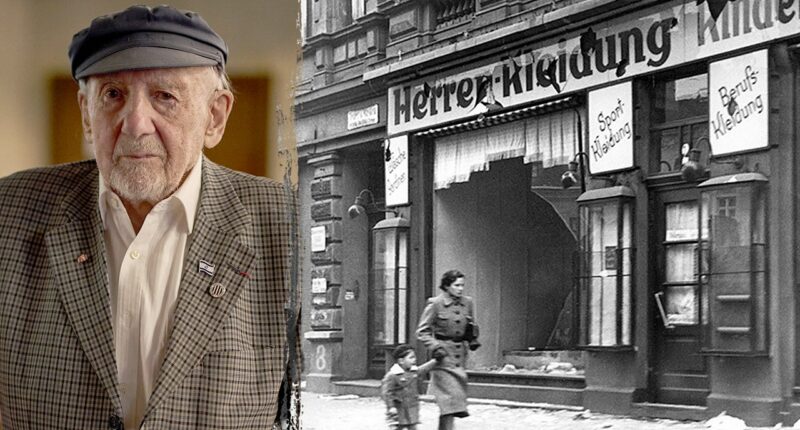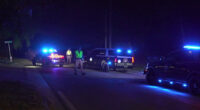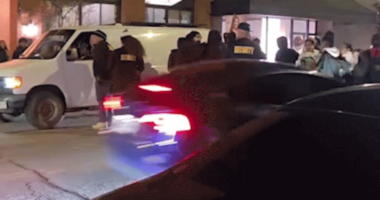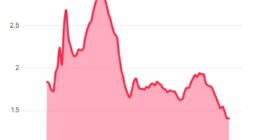Share this @internewscast.com
More than eight decades after enduring the horrors of Kristallnacht, a 101-year-old Holocaust survivor is drawing unsettling parallels between today’s world and Nazi Germany in 1938.
Walter Bingham, who was just 14 years old during the infamous attacks, recalls the night when Nazis, along with other Germans, targeted Jewish-owned businesses, homes, and places of worship in a violent spree.
Kristallnacht, often called the “Night of Broken Glass,” marked a turning point with the destruction of over 1,400 synagogues and the vandalism of countless Jewish businesses. Nazis ransacked Jewish homes and apartments, desecrating religious artifacts, according to the United States Holocaust Memorial Museum.
Approximately 26,000 Jewish men were arrested and sent to concentration camps during this brutal pogrom.
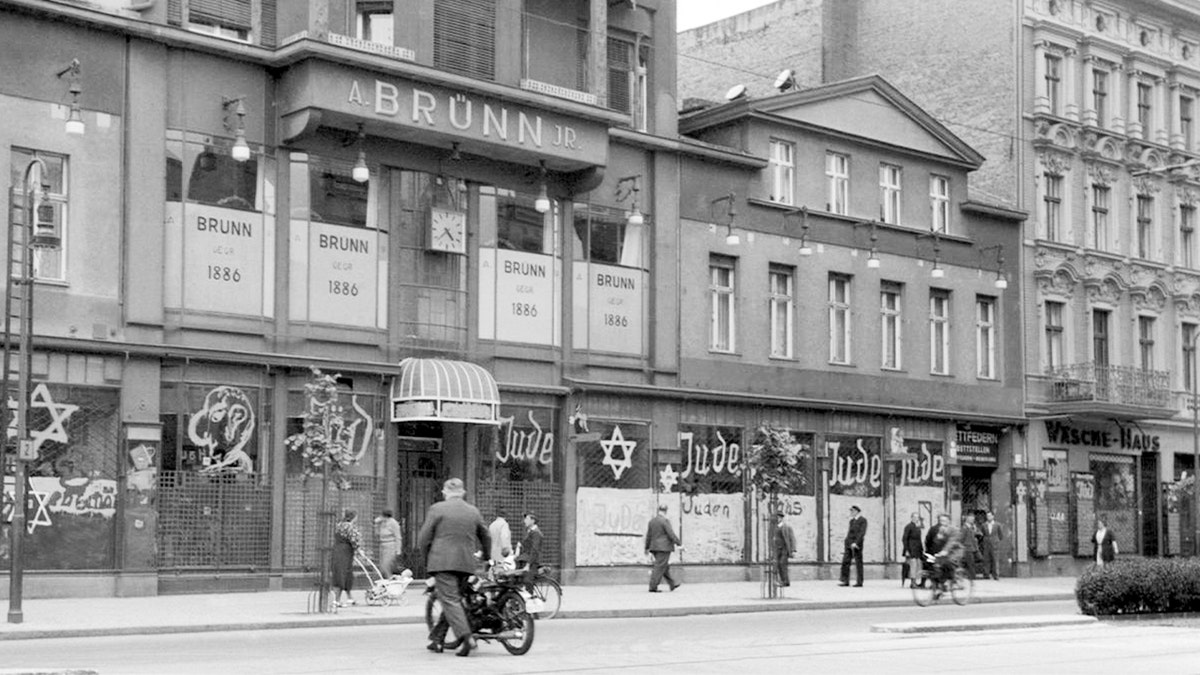
In a haunting image from that era, a Jewish-owned shop is seen defaced with antisemitic graffiti following the Nazi attacks in 1938. (Pictures From History/Universal Images Group/Getty)
Speaking with The Associated Press, Bingham expressed his concern over the current surge in antisemitic sentiment and violence, particularly in light of the Israel-Hamas conflict, which he finds disturbingly reminiscent of those grim days.
“We live in an era equivalent to 1938, where synagogues are burned, and people in the street are attacked,” he said.
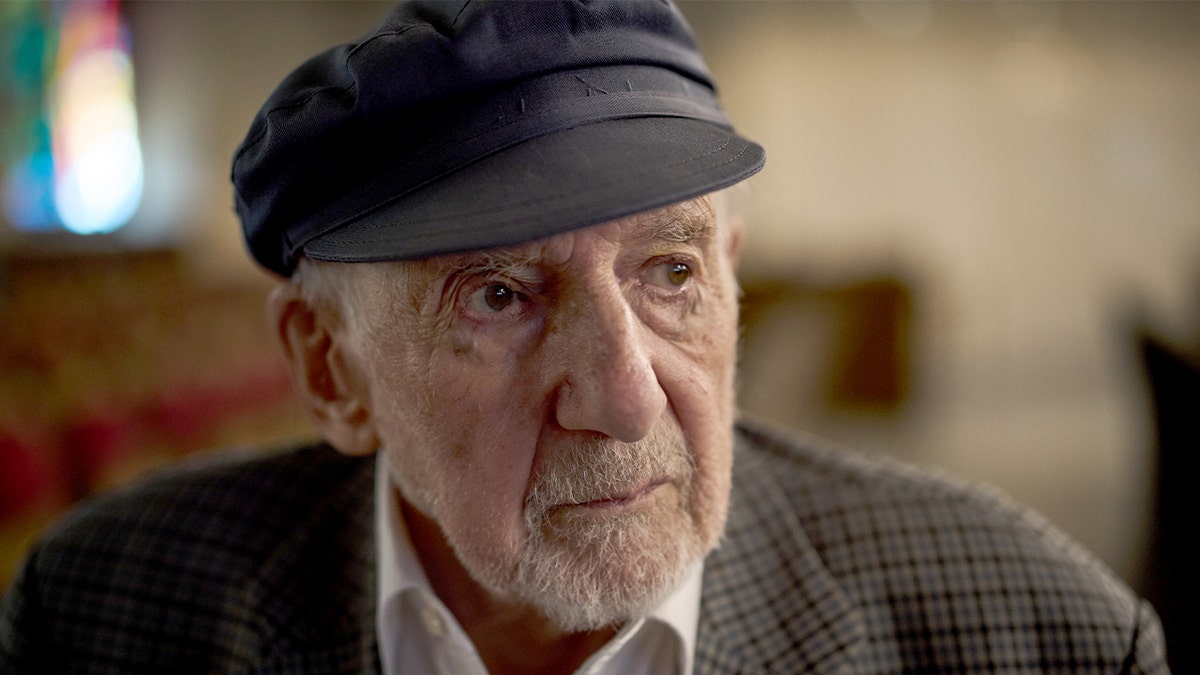
Holocaust survivor Walter Bingham, 101, poses at the Jerusalem Great Synagogue on Nov. 5, 2025, ahead of the 87th anniversary of Kristallnacht. (Leo Correa/AP)
A synagogue in Manchester was the target of a deadly terrorist attack on Yom Kippur in October when a man rammed a car into worshippers and stabbed victims outside the Heaton Park Hebrew Congregation, killing two Jewish men.
A synagogue in Melbourne, Australia, was also set ablaze last year in an act that was condemned as an antisemitic attack by the country’s prime minister.
In 2024, the Anti-Defamation League reported 9,354 antisemitic incidents across the United States — a 5% increase from 2023, a 344% increase over the past five years, and an 893% increase over the past decade.
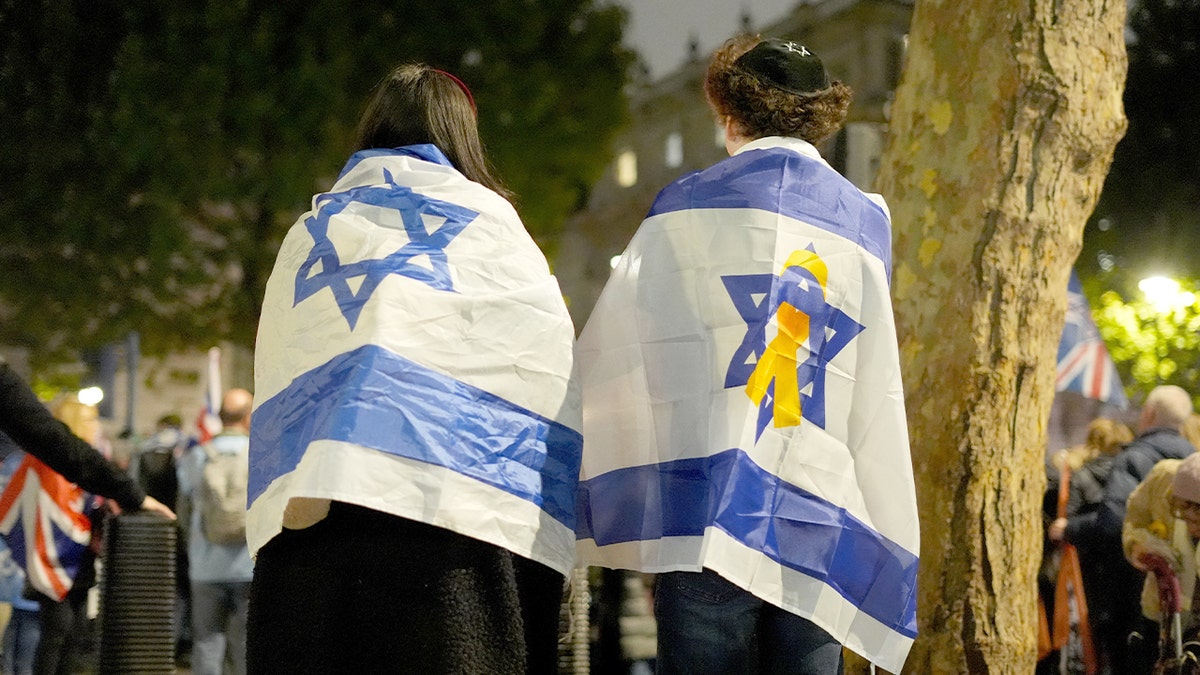
Protesters wrapped in Israeli flags rally outside Downing Street in Westminster on Oct. 9, 2025, during a Campaign Against Antisemitism demonstration marking one week since the Manchester synagogue attack. (Lucy North/PA Images/Getty)
“Antisemitism, I don’t think, will ever fully disappear because it’s the panacea for all ills of the world,” Bingham told The Associated Press.
He said living in today’s climate feels eerily similar to Germany before the war, but he sees one important distinction.
“In those days, the Jewish mentality was apologetic,” Bingham explained. “Please don’t do anything to me, I won’t do anything to you.”
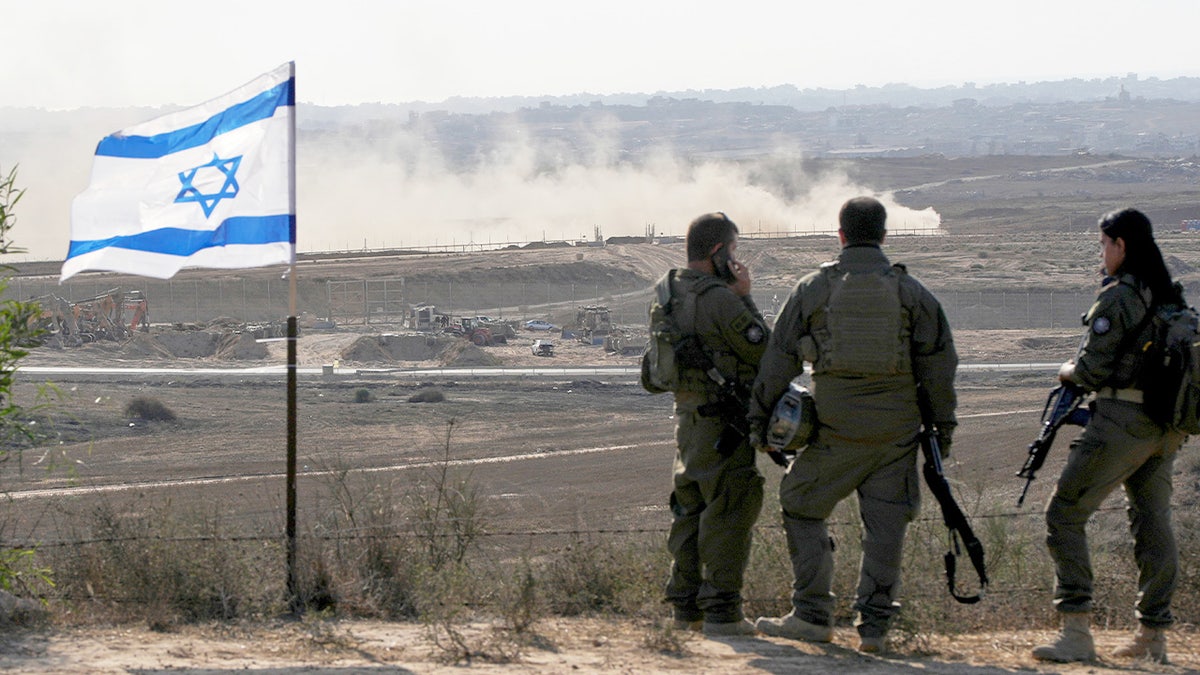
Israeli soldiers watch the northern Gaza Strip from southern Israel, July 30, 2025. (AP Photo/Ohad Zwigenberg)
“Today, we have, thank God, the state of Israel, a very strong state,” he said. “And whereas antisemitism is still on the increase, the one thing that will not happen would be a Holocaust, because the state will see to it” that doesn’t happen.
